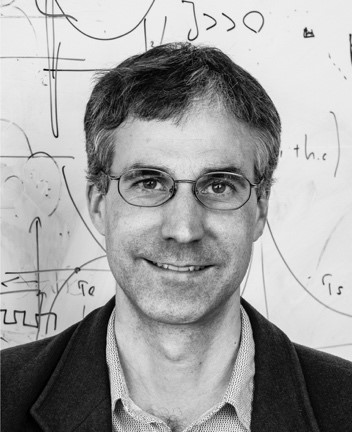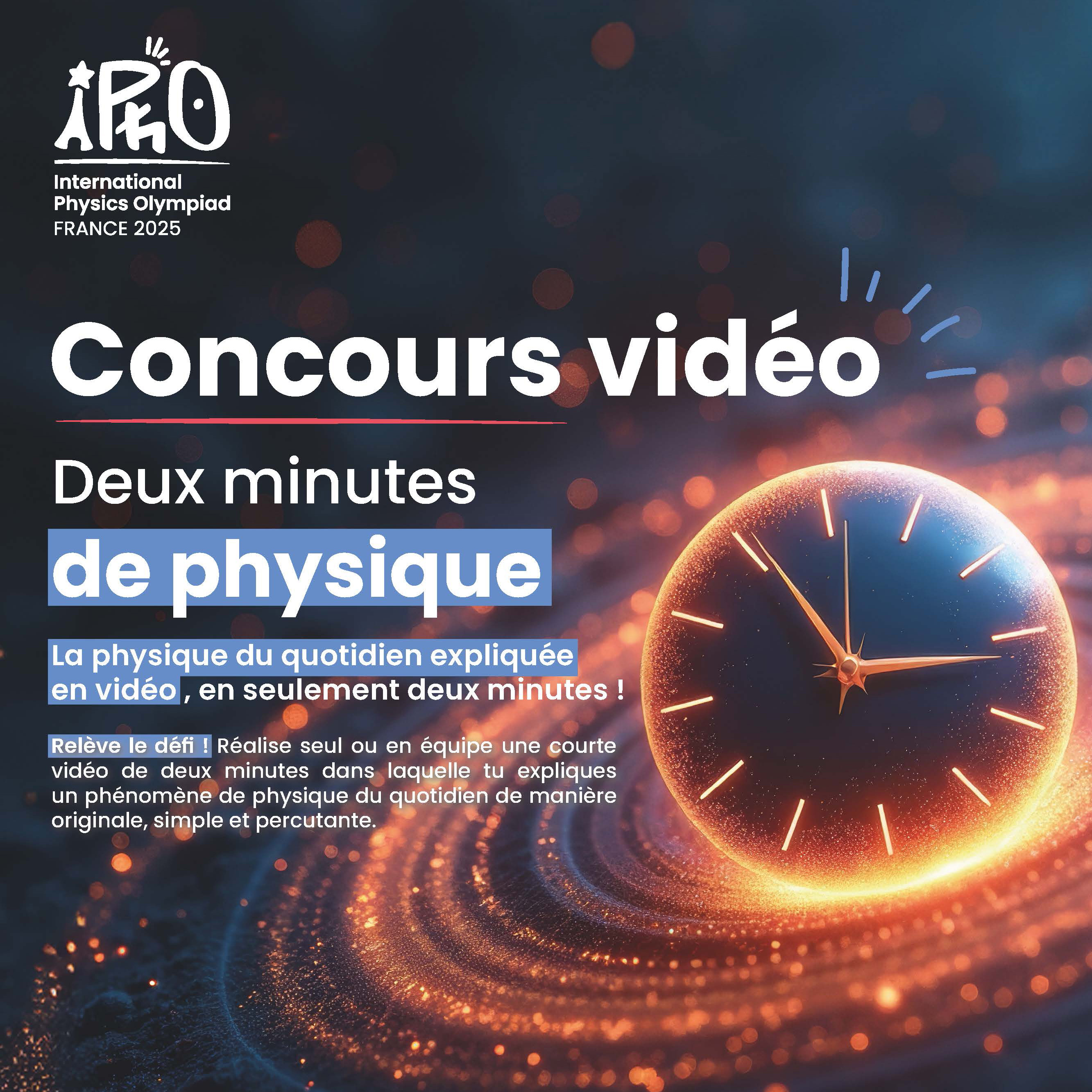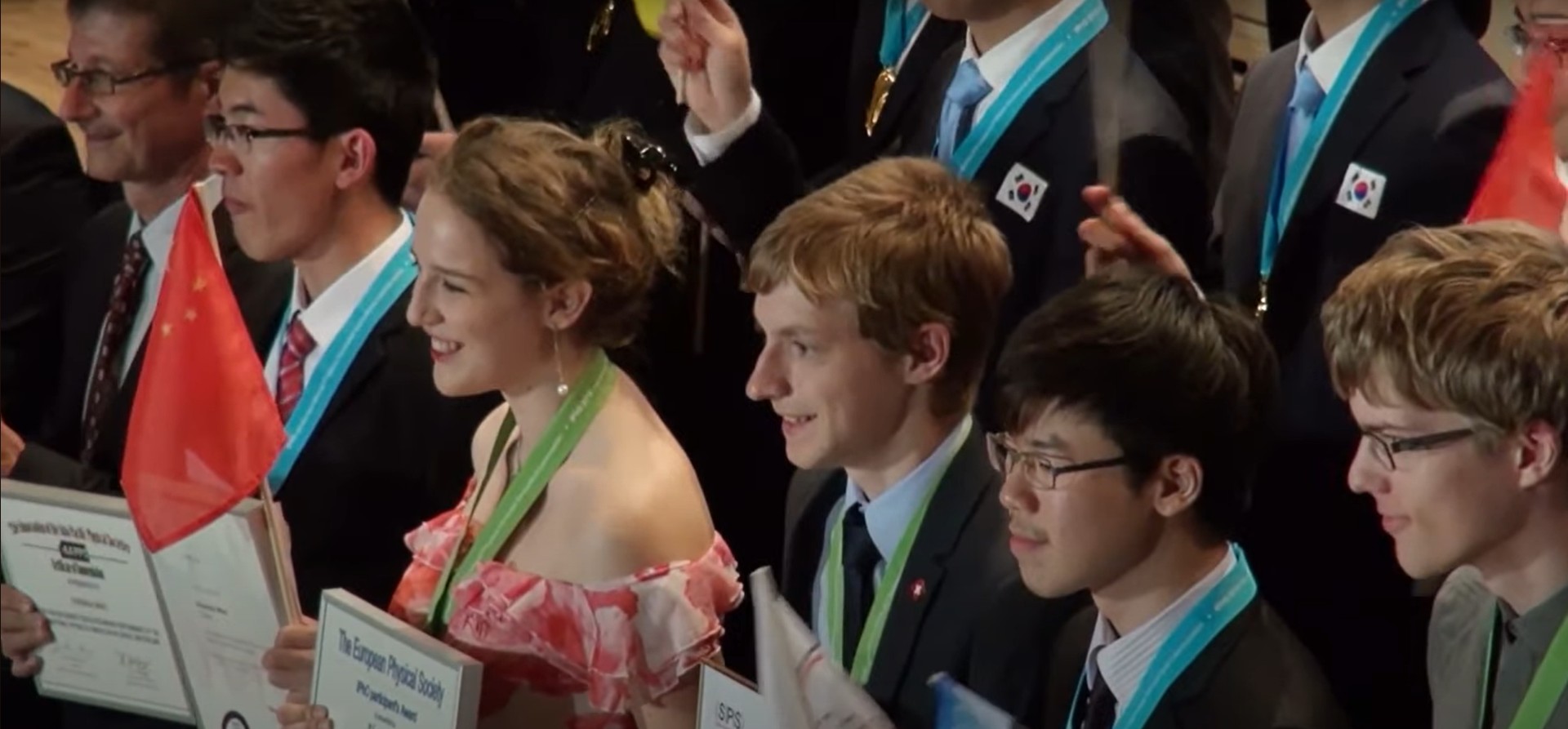Philipp Werner, Charpak-Ritz 2020 Prize winner
The Charpak-Ritz Prize is joint with the Swiss Physical Society and the Société Fraçaise de Physique.
 |
Philipp Werner, 44, is a specialist on the dynamical mean field simulation of strongly correlated electron systems. His development of powerful numerical algorithms has enabled systematic investigations of important classes of correlated materials,such as unconventiona lsuperconductors,and has opened new lines of research. ln particular, the development of nonequilibrium dynamical mean field theory over the past 10 years has resulted inaversatile theoretical framework for the study of ultrafast processes in solids. Philipp Werner studied physics at EPFL. His Master thesis advisor was Prof. Jürg Fröhlich from ETHZ. He did his PhD at ETHZ under the supervision of Prof.MatthiasTroyer. After a postdoc at Columbia University with Prof.AndrewJ.Millis, he returned to Switzerland in 2008 as Swiss National Science Foundation Professor at the Institute for Theoretical Physics at ETHZ. He then joined the University of Fribourg as Associate Professor in 2012 where he got promoted to full Professor in Fribourg in 2018. |
He is author and co-author of more than 170 papers in refereed journals showing his influence and insight in the understanding of light-induced phenomena in correlated solids.
Philipp Werner has maintained close collaborations with French research groups, in particular with the group of Prof. SilkeBiermann (École Polytechnique) and Dr. Michele Casula (Université Pierre et Marie Curie) through scientific collaborations and the exchange of young scientists.
Philipp Werner receives the Charpak-Ritz Prize 2020 for hid major contributions in condensed matter physics, especially for the development of new numerical methods enabling the simulation of out-of-equilibrium dynamics to address light-induced phenomena in highly correlated solids, and also for his excellent and very fruitful collaboration with the French physics community on the GW+DMFT method.
Former laureates :
More information about the award :
Article posté le 07/09/2020


